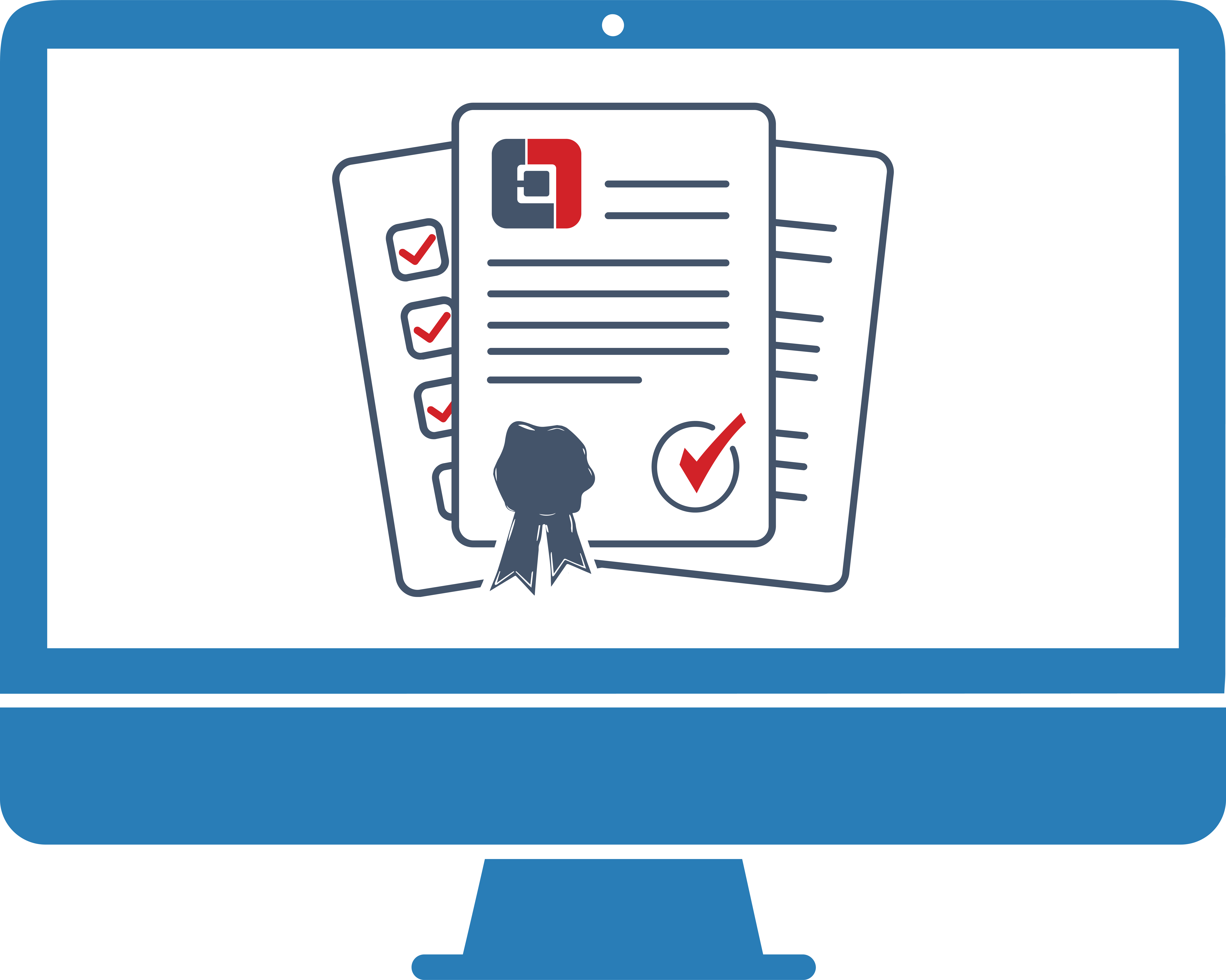
Avoiding Common Exemption Certificate Mistakes
By John SerdarSeptember 16, 2020
If you’re manufacturer, wholesaler or a reseller, you know that collecting resale and tax exemption certificates is par for the course. Like most things tax related though, it’s often not as simple as collecting a document and calling it a day. Rules for collecting certificates can vary based on the state, products involved, business relationships and a variety of other factors. If that wasn’t hard enough, the rules themselves are prone to frequent regulatory changes.
One of the most common mistakes that businesses make when collecting exemption certificates is not collecting the right resale or tax exemption form.
To know which form must be collected, a business must be familiar with a variety of rules pertaining to sales tax nexus and compliance. For instance, if you’re a business based in Rhode Island shipping goods for resale to your customer across state lines into Massachusetts, your customer must provide you with a valid Massachusetts Resale Certificate in order to substantiate that the sale is indeed tax exempt. This is due to the nature that sales tax rules for transactions are typically based on the ship-to-state. If your customer was to provide you with a Rhode Island Resale Certificate, and you accept this certificate without charging sales tax and forget to remediate this, you may find your business taking on a very expensive liability during your next sales tax audit.
You may ask yourself, I have the ship to state covered, what else? Well, nine states including Alabama, California, Florida, Hawaii, Illinois, Louisiana, Maryland, Massachusetts, and Washington along with Washington D.C. do not allow sellers to accept out of state resale certificates. Outside of these states, as long as you have a valid resale certificate in at least one state, you’re generally able use that certificate to substantiate a tax free purchase intended for resale. However in these states, if you want to use a resale certificate, you need to register to collect sales tax in that state.
Unfortunately it is at this stage, that a lot of businesses get themselves into trouble.
If you as a business register, sure you will be able to use a resale certificate in that state to purchase inventory for resale tax free. However, by registering you may not know that you’re now required to collect sales tax from buyers in that state, as well as file periodic tax returns in perpetuity. Either way, the rules for these states are setup in a way encourage (or discourage depending on your perspective) to comply with state tax rules if you want to do business in that state.
Let’s assume that you have the right form, and you’re familiar with the states that refuse to accept out of state resale certificates, now you as a business also need to ensure that the certificate itself is filled out correctly. While knowing what is “complete” and “right” is easier to determine in certain states, a lot of businesses take the shortcut of trying to guess or google their way to figure out how to validate exemption certificates in each state. For larger businesses with a budget, this is often handled by expensive tax departments or external consultants, and is often done in ad-hoc manner.
To help small and large businesses alike tackle these challenges and reduce painful tax penalties, we recommend businesses utilize an exemption certificate manager which enables them to collect, validate and renew exemption certificates in one simple and easy to use platform without locking them down in onerous and lengthy contracts.
Test drive EXEMPTAX, an end-to-end exemption certificate management solution, and sign up for your FREE PLAN today to start minimizing your audit risk immediately.